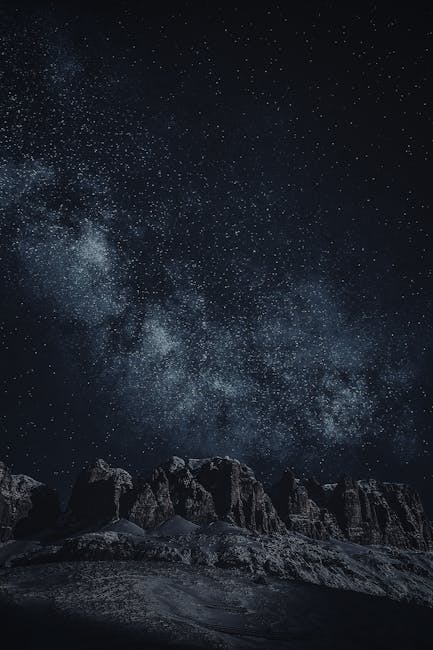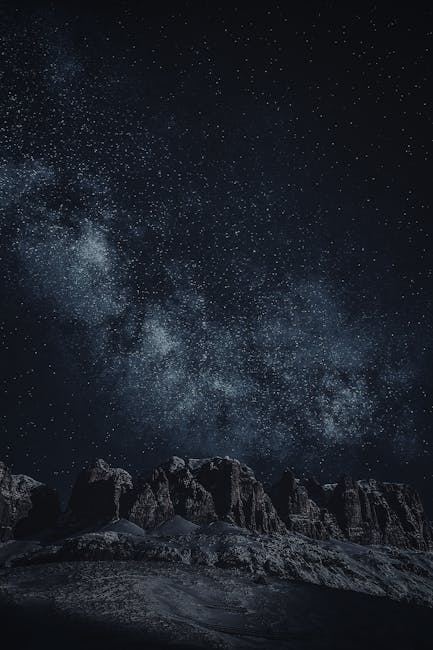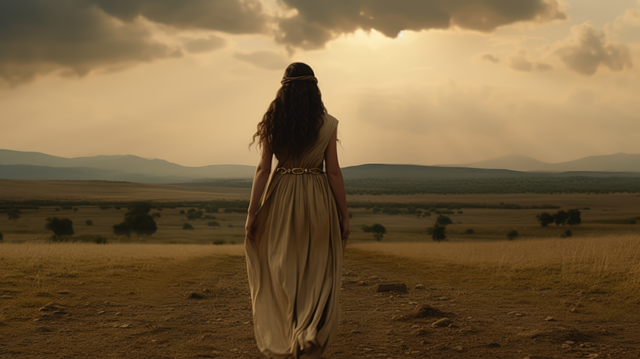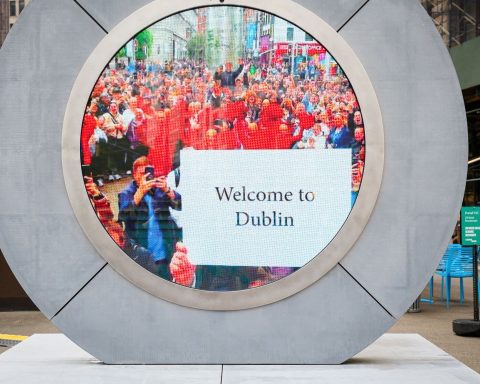[ad_1]


The coming-of-age story, or Bildungsroman, has been a staple of literature for generations, championing the inner journey of a protagonist as they navigated the transformation from youth to adulthood. Yet, as our world grows increasingly diverse and complex, so too does this genre. Today’s writers are expanding the Bildungsroman, weaving in varied experiences and cultural threads to present new perspectives on the quintessential process of growing up. While the essence of exploring identity and maturing remains, the contemporary narrative canvas has broadened to include previously untold stories and voices from different segments of society.
The Birth of Bildungsroman: Tracing Its Literary Origins
The term ‘Bildungsroman’ originated in Germany, with the classic example being Johann Wolfgang von Goethe’s “Wilhelm Meister’s Apprenticeship” in the late 18th century. This genre traditionally followed a young protagonist’s journey, encompassing their moral, psychological, and intellectual development. It traversed their life experiences, encounters, and the trials and tribulations that ultimately led to a deepened understanding of self and their place in society.
Redefining Growth: Modern Variations of Coming-of-Age
Modern variations of the Bildungsroman break from the traditional European, middle-class narrative to embrace a variety of growth experiences. Novelists today are exploring coming-of-age in the context of different socioeconomic backgrounds, races, and cultures. The challenges faced and lessons learned are unique to each story, offering a fresh lens on what growth can look like.
Cross-Cultural Journeys: Incorporating Diverse Experiences
Emerging voices in literature are placing characters in cross-cultural settings, which adds nuanced layers to the coming-of-age journey. Experiencing life through the eyes of a protagonist navigating between cultures allows readers to understand the complexity of identity formation in a globalized world. These stories highlight the duality of tradition and modernity and the search for belonging that transcends geographical boundaries.
Breaking Boundaries: Gender and Sexuality in Contemporary Bildungsroman
Gender and sexuality have become central themes in breaking the mold of the classic Bildungsroman. Stories now candidly explore the struggles and revelations associated with coming out, gender identity, and the non-heteronormative experience of growing up. Such narratives invite empathy and foster a deeper understanding of diverse human experiences disregarding the binary structures of the past.
Technology and Coming-of-Age: A Digital Generation’s Story
In an era dominated by technology, coming-of-age stories are incorporating social media, online communities, and virtual interactions. Today’s protagonists often grapple with digital identity, online relationships, and the influence of technology on their perceptions of self and the world. The digital landscape becomes a backdrop for a new type of personal development narrative.
The Role of Family and Community in Shaping Identity
The influence of family and community has always been a significant factor in Bildungsromans, and modern stories continue to emphasize these relationships. However, contemporary works may portray more diverse family structures and community influences, recognizing the various ways in which these entities contribute to shaping one’s identity and values.
Coming-of-Age in Speculative Fiction: Imagining New Worlds
Speculative fiction offers a unique venue for reimagining the coming-of-age story. Whether set in dystopian futures or alternate realities, these narratives allow authors to explore the maturing process under drastically different conditions and societal norms, revealing enduring truths about growth and self-discovery against a backdrop of imagination.
The Future of Bildungsroman: Evolving Narratives of Adulthood
As society continues to evolve, so too will the stories we tell about coming of age. The Bildungsroman will undoubtedly continue to transform, embracing ever-more complex and intersectional themes. It will challenge readers to consider the varied paths to adulthood and empathy for experiences both similar and vastly different from their own.
The Bildungsroman genre, having matured through the centuries, reflects the progression of human society. Through highlighting diverse voices and experiences, it captures the multifaceted nature of growing up in the modern world. As authors and readers seek out these evolving narratives, the genre promises to remain a fundamental and beloved part of our literary fabric, celebrating the timeless story of transitioning from youth to adulthood while embracing a world of new possibilities.
[ad_2]







